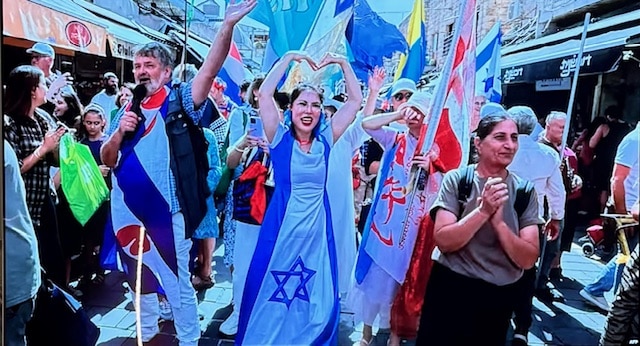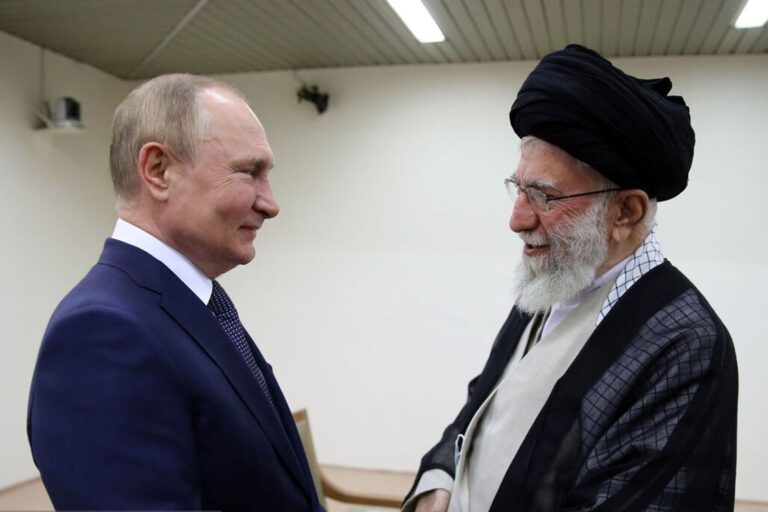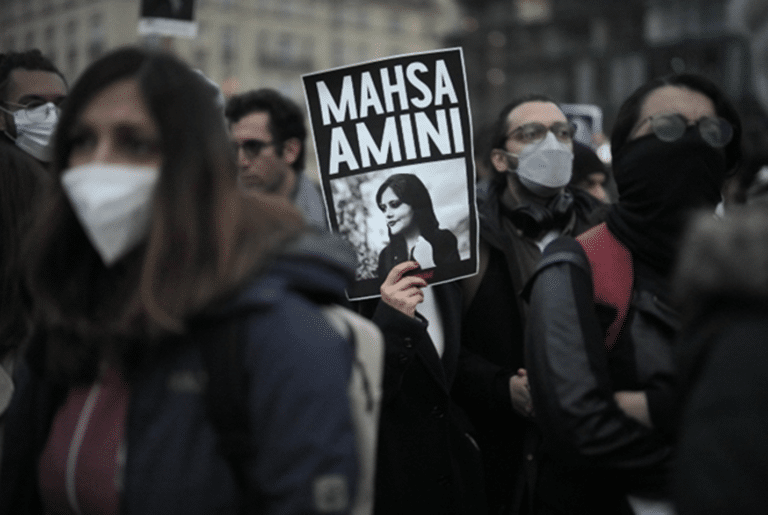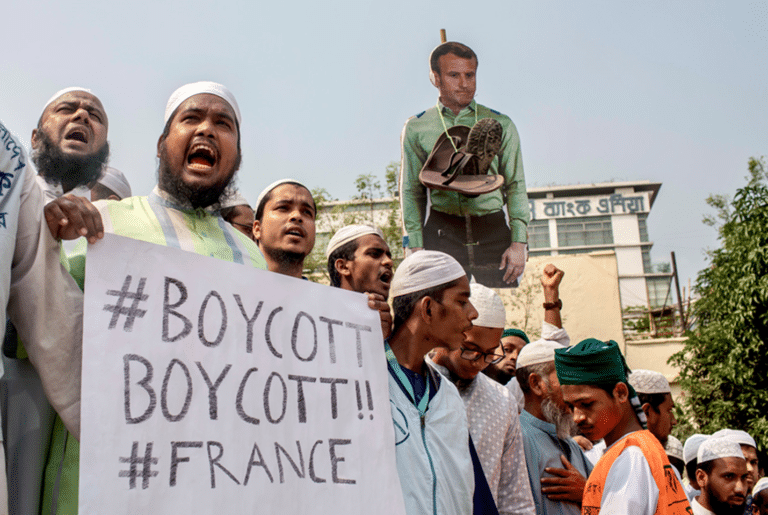Empowering Freedom of Belief: The Crucial Role of Article 18 and Critical Thinking Critical Thinking
In the grand tapestry of human rights, each article woven into the Universal Declaration of Human Rights (UDHR) plays a crucial role in safeguarding the inherent dignity and equality of every individual across the globe. Among these, Article 18 stands out as a fortress protecting the freedom of thought, conscience, and religion. But what does this mean in practical terms? It implies the right to believe in whatever one chooses, to practice one’s religion openly without fear, and importantly, the liberty to change one’s religion or beliefs according to one’s own conscience.
Imagine living in a world where changing your belief system could lead to persecution or severe social ostracization. Unfortunately, this is still a reality in some parts of the world. Article 18 challenges this norm by advocating for a person’s right to choose their path in terms of personal spiritual and philosophical beliefs. This encompasses not only the world’s major religions but also includes the right to follow no religion at all, or to adopt non-mainstream beliefs.
The significance of Article 18 lies in its universal application, stripped of geographical and cultural boundaries, thereby promoting an ethos of tolerance and pluralism. This is vital because the freedom to believe as one wishes is the cornerstone of many other freedoms. It affects how people express themselves, how they raise their families, and how they participate in society.
Yet, realizing the full scope of Article 18 requires more than just passive acknowledgment—it demands active engagement through critical thinking. Critical thinking isn’t just an academic skill confined to the walls of a classroom; it is a vital life skill, especially relevant in the realm of personal and collective rights.
Critical thinking involves a series of steps crucial in tackling complex issues such as evaluating religious beliefs or the implications of following a certain faith. These steps include questioning assumptions, analyzing potential biases, gathering and assessing information, and making well-reasoned conclusions. Such a process not only boosts personal development but also strengthens the community by fostering understanding and reducing conflicts.
The interplay between Article 18 and critical thinking is particularly powerful. When individuals employ critical thinking to examine their beliefs, they embark on a self-reflective journey that enhances their choice of belief from an informed perspective. Such informed choices reinforce the essence of freedom declared in Article 18.
Moreover, societies that embrace and teach critical thinking are better equipped to uphold and respect the spectrum of beliefs that their citizens might choose. This not only aids in compliance with international human rights standards but also enriches the cultural fabric of the society, nurturing a community that values dialogue over discord.
Thus, in considering Article 18 of the UDHR, it becomes evident that while the right to choose and change one’s religion or belief is a fundamental human right, the exercise of this right must be underpinned by the principles of critical thinking. This way, individuals not only claim their rights but do so in a way that respects and uplifts the rights of others in society. This dual focus of freedom and critical engagement is what ultimately will lead to a more equitable, tolerant, and peaceful world.
Indeed, a deep understanding of why and how we value our beliefs can serve as a beacon of hope and a call to action for those in societies where such freedoms are not yet a reality. By fostering a culture that values critical thinking and supports the rights enshrined in Article 18, we can contribute to a world where freedom of thought and belief is truly universal.







